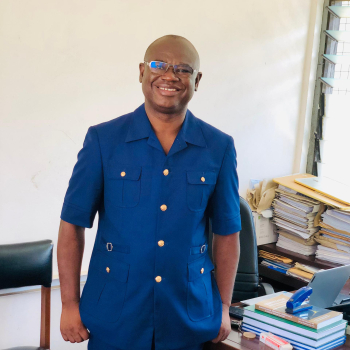The Influence of Problem-Based Learning Approach on Students’ Perceptions and Attitudes toward the Mole Concept in Tamale College of Education

The Influence of Problem-Based Learning Approach on Students’ Perceptions and Attitudes toward the Mole Concept in Tamale College of Education
The purpose of the study was to investigate the influence of problem-based learning (PBL) approach on students’ perceptions and attitudes toward the mole concept in Tamale College of Education. The study was quasi-experimental research which employed a non-randomised selection of the research participants who were already organized into intact or pre-existing classes at the time of the study. Out of a total population of 543 first year teacher trainees of the college, 88 were purposively selected for the study. Forty-four of the trainees were in “A” class and constituted the control group where Traditional Lecture-Based (TLB) approach was applied. The remaining 44 trainees were in the “K” class (experimental group) where the Problem-Based Learning approach was used. The instrument used for the study was the Mole Concept Perception and Attitude Scale (MCPAS) with a reliability coefficient of 0.851. The data were analysed using percentage scores and t-test and presented using tables. The results of the study revealed that students’ perceptions and attitudes were positive toward the mole concept when the PBL approach was used in lesson delivery unlike the conventional TLB approach. The mean score of the experimental group using the PBL approach was significantly higher (69.4) than the mean score of the control group (54.7) using the TLB approach.
Keywords: experimental group, control group, general programme, perception
